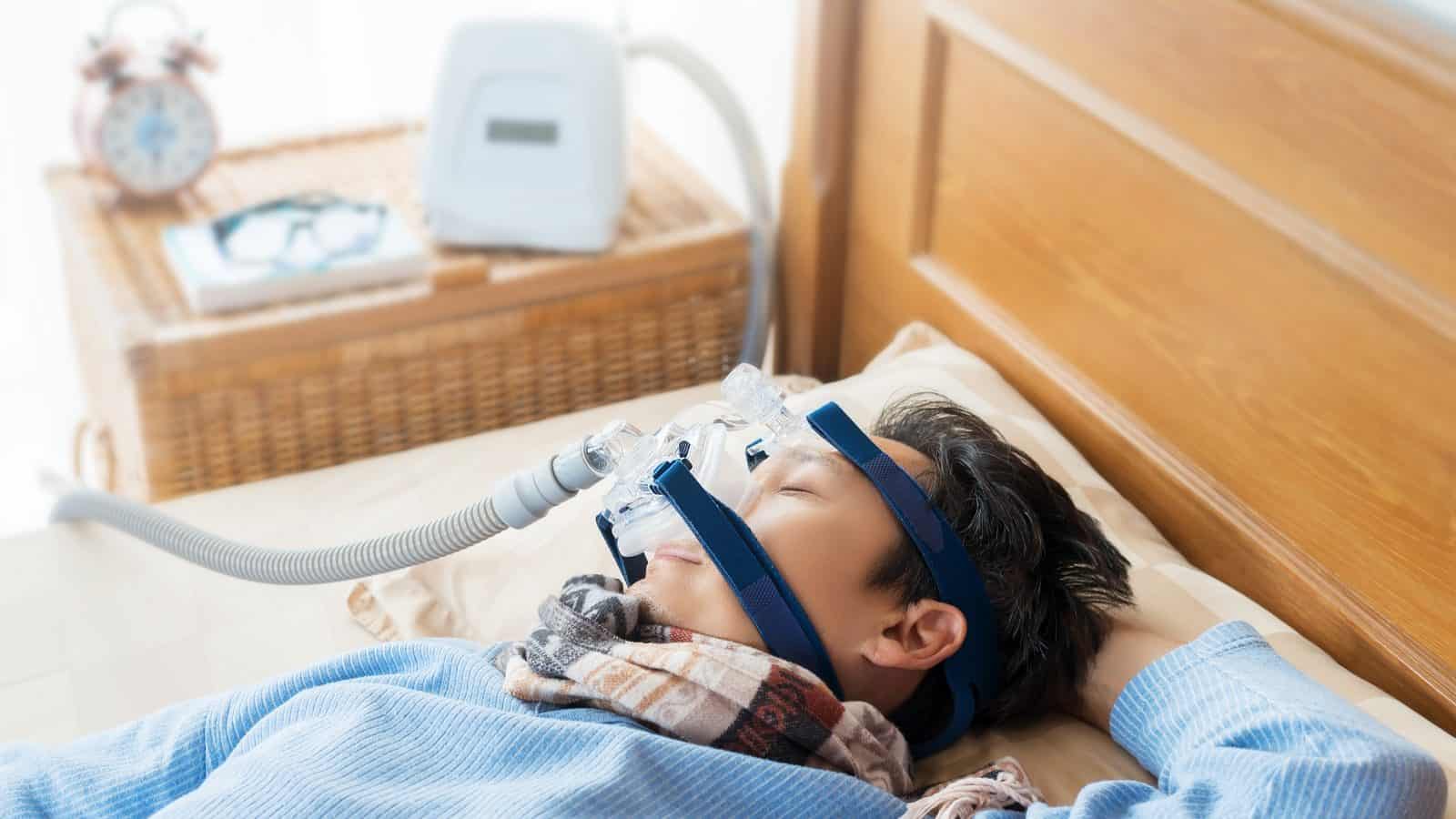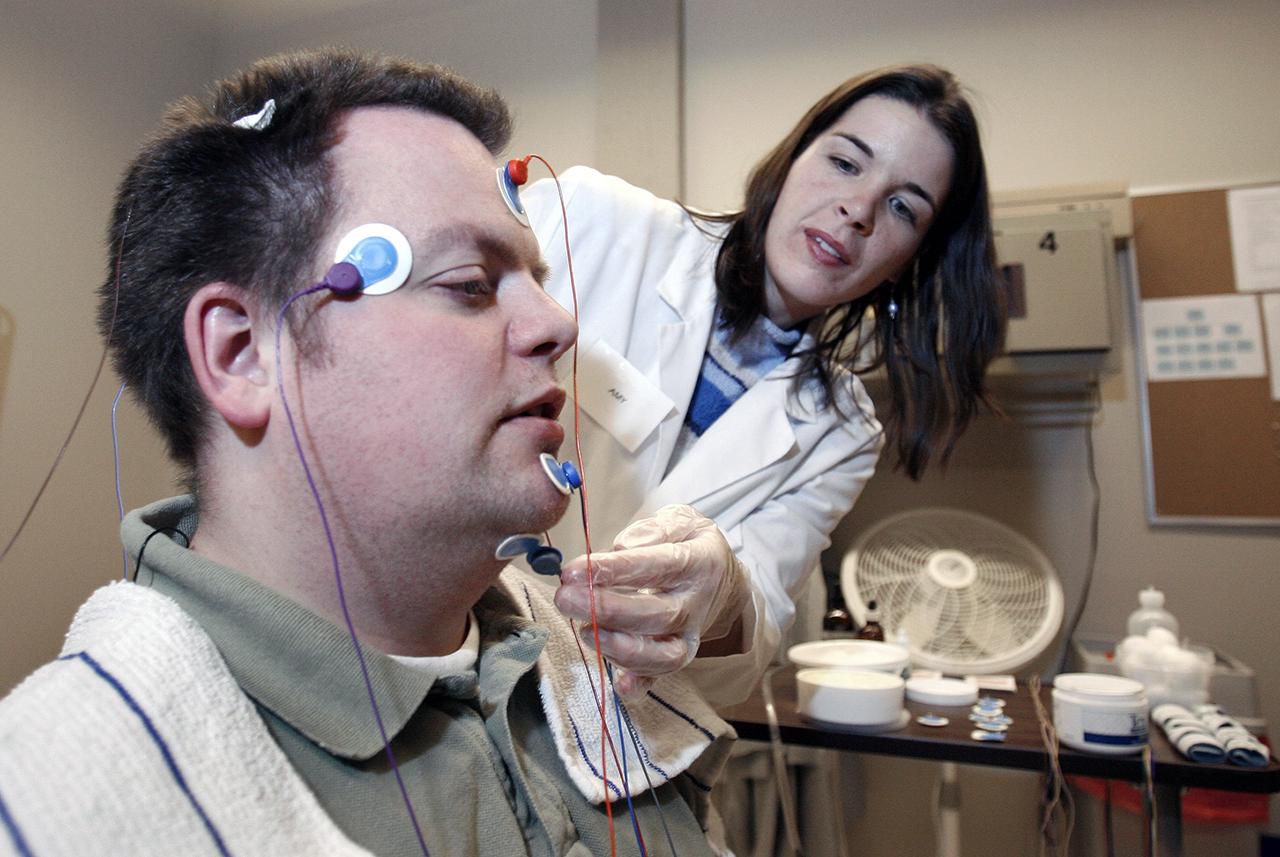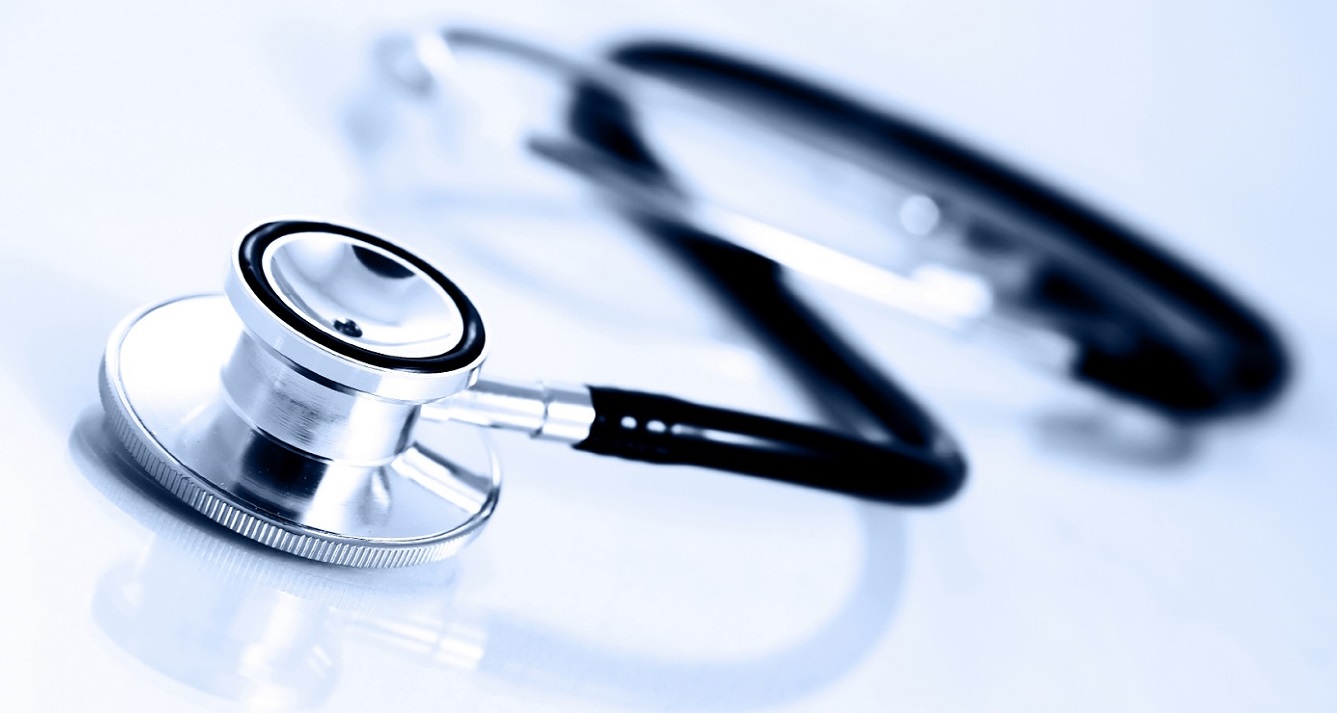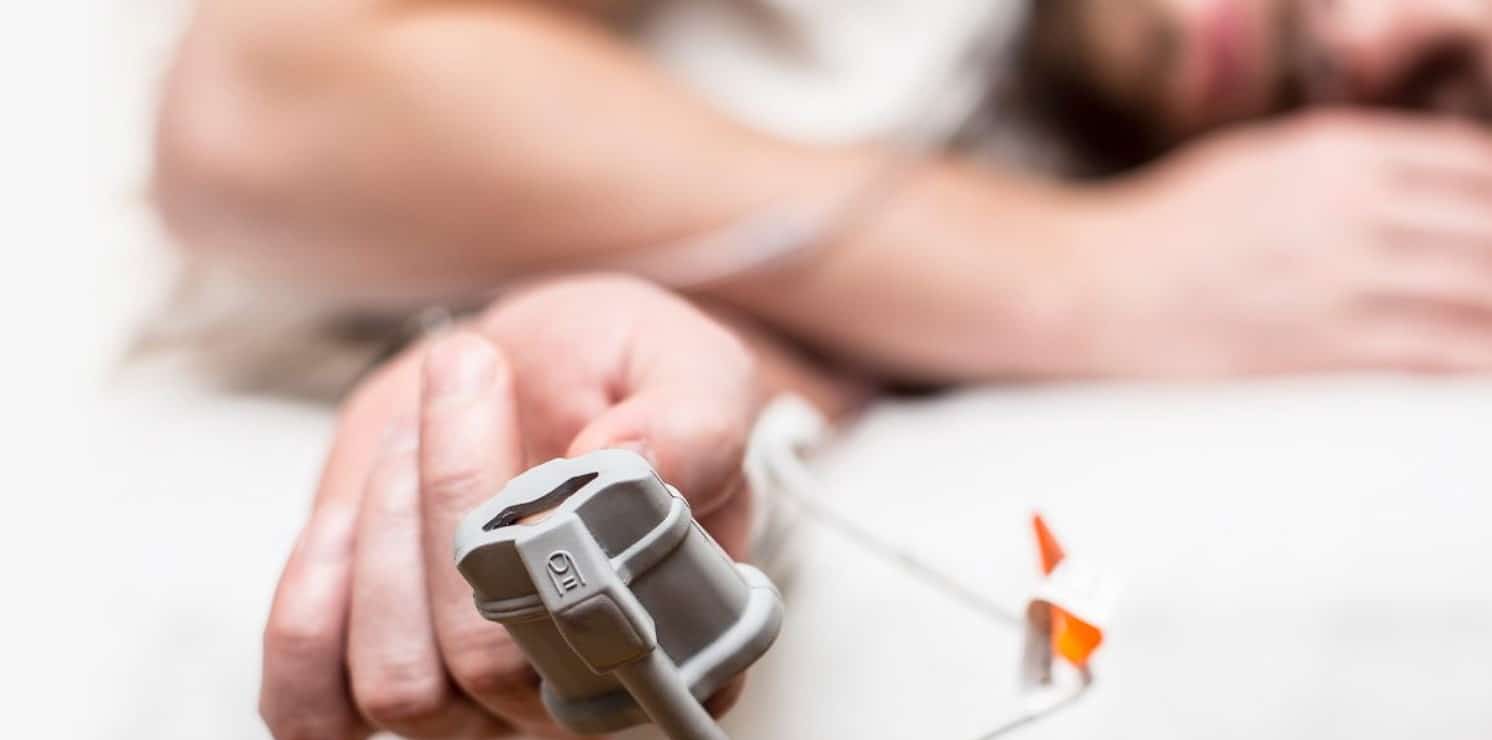A CPAP machine could be something you need to invest in if you’ve been diagnosed with sleep apnea. About 2-9% of adults don’t get enough sleep because of sleep apnea, because of repeated obstructions in the airway during sleep, people with sleep apnea have problems breathing repeatedly during the night. Patients with sleep apnea may not know they have the condition unless they have a sleep study performed.
A person’s capacity to enter a state of deep, restorative sleep is disrupted by sleep apnea and need to use cpap machines. So, the following signs may occur in those who suffer from sleep apnea:
- Lack of wakefulness during the day
- Restlessness
- Snoring
- Repeatedly Waking Up
- Migraine in the morning
The most frequent treatment for sleep apnea is the use of a continuous positive airway pressure (CPAP) machine. Continuous Positive Airway Pressure is the abbreviation for this treatment. Next to the bed is where the CPAP machine will be kept when the patient is sleeping. A tube from the machine delivers air to a mask placed over the user’s nose and/or mouth while they sleep. Having this airflow ensures that the sleeper’s airway does not become blocked.
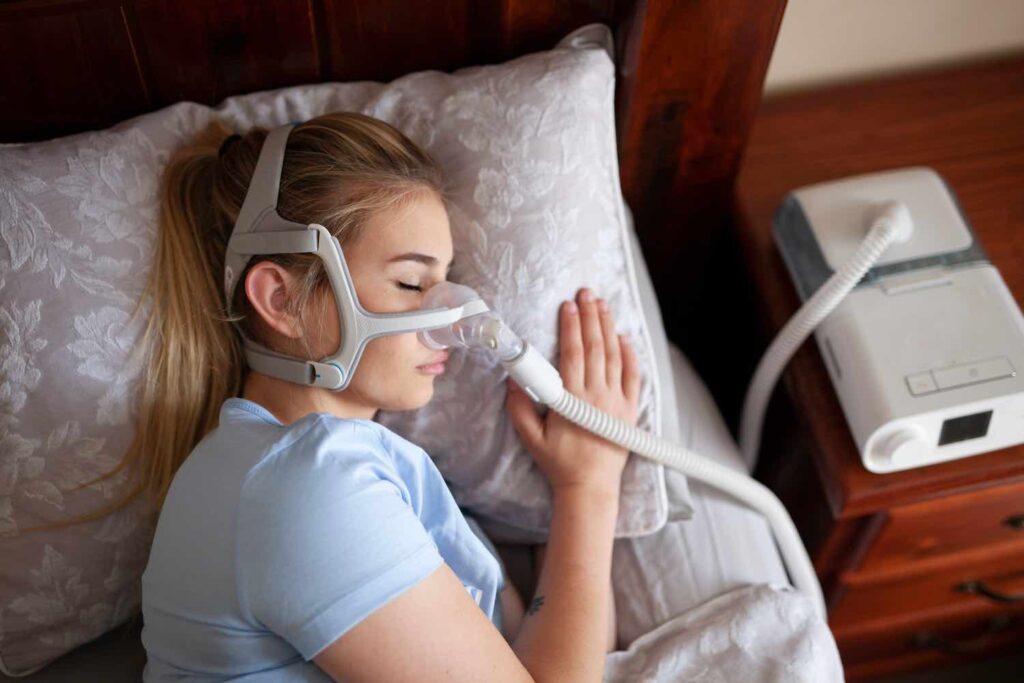
Sleep apnea sufferers are often advised to invest in continuous positive airway pressure (CPAP) equipment and use it regularly. There are a few distinct options for CPAP machines and accessories on the market today. CPAP machines range widely in price, depending on the model you choose and the number of extra features you need.
What is the Cost of a CPAP Machine?
The price of a CPAP machine can vary widely, from around $250 to well over $1,000 for the more modern models. However, most CPAP machines may be purchased for between $500 and $800. There is a correlation between the complexity and price of a BiPAP (Bilevel Positive Airway Pressure) machine. The average price of a BiPAP machine is around $2,000, with some models going as high as $6,000. Moreover, accessory costs are not reflected in this pricing.
Whether or not you have insurance, and the extent of that insurance will also affect how much you pay for your CPAP machine. While some health plans will cover the entire cost of the machine, others will only cover a portion of it. In this section, we’ll look at how much a CPAP machine will cost you out of pocket, before insurance.
The price of a CPAP machine can range widely depending on its functionality. CPAP machines that have fewer features are often referred to as “standard” CPAP machines. These CPAP machines have the lowest price tag on the market. One must adjust the air pressure by hand. Typical CPAP machines have a constant airflow rate that does not vary throughout the night.
Standard CPAP machines may cost more if they have extra features. A machine with a heated humidifier, for instance, will be more expensive than one without. With the help of a heated humidifier, CPAP users can warm the air they breathe while sleeping. This heat can minimize dryness and promote comfort, so the sleeper is less likely to experience a dry mouth or sore throat after using the CPAP.
Auto CPAP machines, also known as APAP machines, are more expensive than regular CPAP machines. These devices may look like traditional CPAP machines, but they actually have more advanced features.
Auto CPAP devices are able to adapt their airflow to the demands of the patient during the night. There are times during the sleep cycle when a person is more likely to have breathing difficulties and need to open their windows. Awakening a sleeper is easier at different stages of the sleep cycle. Because they adjust the air pressure to match the user’s sleep stage, auto CPAP devices are less likely to disrupt a user’s slumber.
The most expensive and most advanced of the three varieties, Bilevel Positive Airway Pressure (BiPAP) machines are used to treat sleep apnea. Bilevel-positive airway pressure (BiPAP) machines allow the user to choose between two air pressure settings: one for inhalation and one for exhalation. It has been found that many people who experience a decrease in air pressure as they exhale sleep more soundly as a result.
Therapy Supplies for Continuous Positive Airway Pressure Devices
Accessories are necessary for using any CPAP machine. Online and offline, CPAP devices and their associated parts are typically sold independently. Some stores provide whole CPAP machine sets that include the machine itself as well as all of the necessary attachments.
There are CPAP machines that come with a heated humidifier already attached, and there are other ones that require you to buy a separate humidifier. The CPAP machine’s power supply unit typically plugs into a normal wall outlet.
The following add-ons for a CPAP machine are recommended for nighttime use:
- Filters for continuous positive airway pressure machines
- Trays and components for humidifiers
- Connectors and tubing for use in piping systems
- Caps with fasteners
- Mask cushions and CPAP masks
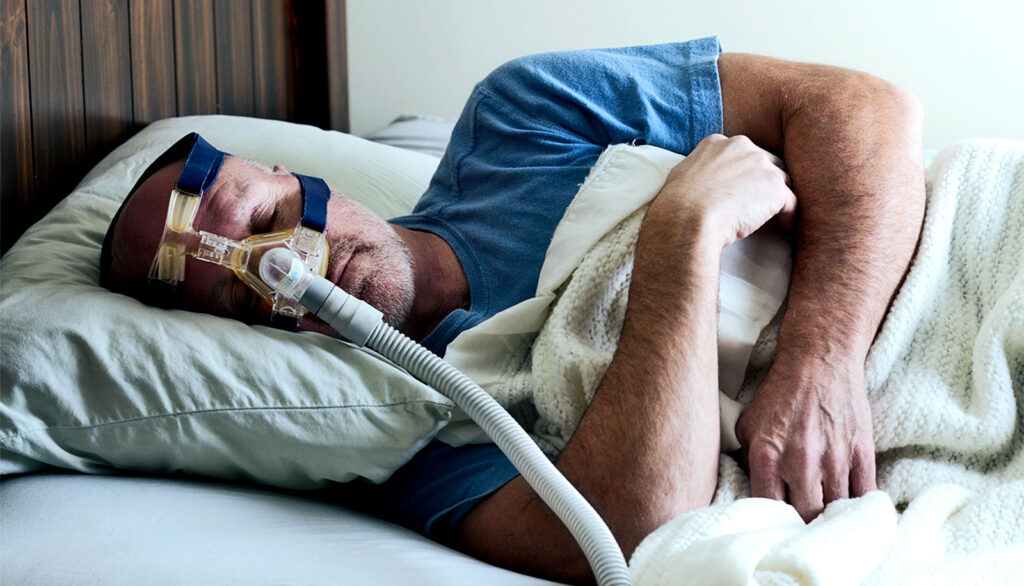
Because CPAP accessories wear out and need to be replaced frequently, they are a continuous expense. Monthly replacement of both the mask cushion and the CPAP filter is recommended. Every three months, the piping should be changed. It is recommended to replace the mask and other parts of the CPAP machine every six months.
Each CPAP air filter can cost anywhere from $5 to $30, depending on the model. Most mask and headgear sets cost $100 or more. Mask cushions, for example, fall somewhere in the $20-$100 price range because they need to be replaced more frequently.
Sleepers should check with their healthcare provider about insurance coverage for CPAP accessories before making any purchases out of pocket.
Insurance Coverage for Continuous Positive Airway Pressure Machines
Many insurance plans will pay for a CPAP and the supplies needed to use it. Patients who need a CPAP machine but don’t want to spend their own money on one should contact their insurance provider first.
Health insurance companies typically cover CPAP machines because they are “durable medical equipment.” Cost sharing for durable medical equipment is typically lower than that for doctor’s visits and surgical procedures.
In most cases, a CPAP machine will only be covered by health insurance if it is determined to be truly necessary. The insurance company may require a sleep study to be performed, and the treating physician may need to verify that the patient would benefit from using a CPAP machine based on the results of the study.
Some insurance policies “rent” CPAP machines to patients for a set period of time, usually a year. The sleeper is responsible for a monthly copayment during that time. Upon completion, they will have full ownership of the CPAP device.

